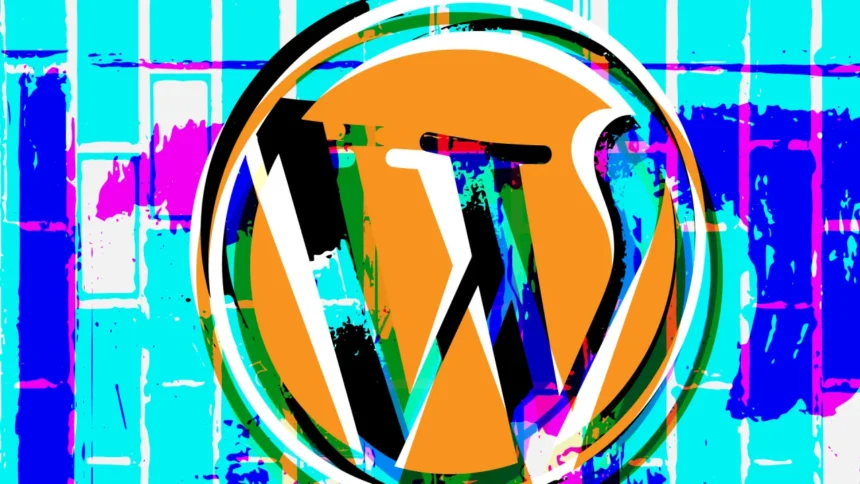In a significant turn of events, WordPress.org has temporarily lifted its block on the hosting provider WP Engine, restoring access until October 1. The ban, enacted earlier this week, prevented numerous websites from updating their plugins and themes, leaving them vulnerable to potential security risks. This sudden move shook the WordPress community and has been a focal point of a larger dispute between WP Engine and WordPress co-founder Matt Mullenweg.
At the heart of the conflict is Silver Lake, the private equity firm that backs WP Engine. Mullenweg has pointed the finger at Silver Lake for the fallout, expressing his disappointment with the situation.
“I’ve heard from WP Engine customers that they’re frustrated. WP Engine hasn’t been able to enable updates, plugin directories, theme directories, or Openverse to function on their sites,” Mullenweg said in a post on the official WordPress.org blog. “It saddens me that WP Engine’s customers have been negatively impacted by Silver Lake’s commercial decisions.”
A Tense Standoff Between WordPress and WP Engine
According to Mullenweg, WP Engine was aware of the potential consequences long before access to WordPress.org resources was restricted. He further clarified that the ban resulted from WP Engine’s decision to avoid resolving their differences with WordPress by not entering into a commercial licensing agreement.
“Heather Brunner, Lee Wittlinger, and their Board chose to take this risk. WP Engine was also aware that they were placing this risk directly on their customers,” Mullenweg stated.
The move prompted widespread criticism from within the WordPress community, with many questioning the sudden nature of the ban. Several websites were left scrambling to manage their security and updates, raising concerns about WordPress’s reliability.
War of Words: “A Cancer to WordPress”
The tension between Mullenweg and WP Engine escalated into a public spat. In a strongly worded statement, Mullenweg described WP Engine as “a cancer to WordPress,” criticizing the company for its perceived lack of contribution to the WordPress ecosystem. This remark led WP Engine to take legal action, issuing a cease-and-desist letter to Mullenweg and Automattic—the company that operates WordPress.com and holds the exclusive commercial license to the WordPress trademark.
In response, Automattic fired back with its own cease-and-desist letter, accusing WP Engine of trademark infringement. This escalating legal drama highlights the depth of the rift between the two parties, with far-reaching implications for the broader WordPress community.
The Stakes: WordPress and the Future of Open Source
The clash between WP Engine and WordPress goes beyond personal disagreements, as it strikes at the heart of the open-source nature of the platform. WordPress powers nearly 40% of websites globally, a vast ecosystem where site owners have the option to self-host or choose third-party providers like WP Engine or Automattic’s WordPress.com for managed solutions.
With Mullenweg emphasizing that the dispute centers on trademark issues, developers and service providers are concerned about the future. WP Engine’s situation has cast a shadow of uncertainty over the community, as many wonder whether they, too, could face restrictions if they do not comply with WordPress’s evolving policies.
Trademark Trouble on the Horizon
Adding to these concerns, the WordPress Foundation, which owns the platform’s trademark, filed for two additional trademarks in July—“Managed WordPress” and “Hosted WordPress.” This move has sparked fears that once granted, these trademarks could be wielded to further tighten control over third-party services that rely on WordPress’s open-source framework.
For now, the ban on WP Engine is temporarily lifted, but the dispute between WP Engine and WordPress remains far from resolved. As the October 1 deadline looms, the WordPress community will be watching closely to see how this conflict unfolds, hoping for a resolution that doesn’t jeopardize the open-source foundation that has made WordPress such a dominant force in the digital world.
Uncertainty Lingers
While Mullenweg has insisted that the issue is strictly between WordPress and WP Engine, the broader ecosystem has been left uneasy. Developers, service providers, and website owners alike are questioning whether they could become collateral damage in this high-stakes dispute.
As one of the most widely used content management systems, WordPress’s handling of this issue could set a precedent for future interactions between the platform and the businesses that build on it. For now, the WordPress community can only hope that a solution will be found that preserves both the open-source ethos of WordPress and the interests of its vast user base.
Until then, the countdown to October 1 continues, with the potential for even more fireworks in this ongoing battle between two titans of the WordPress world.










